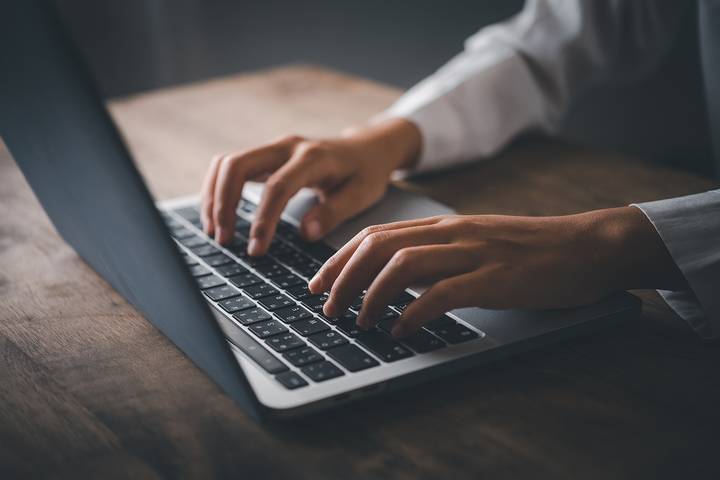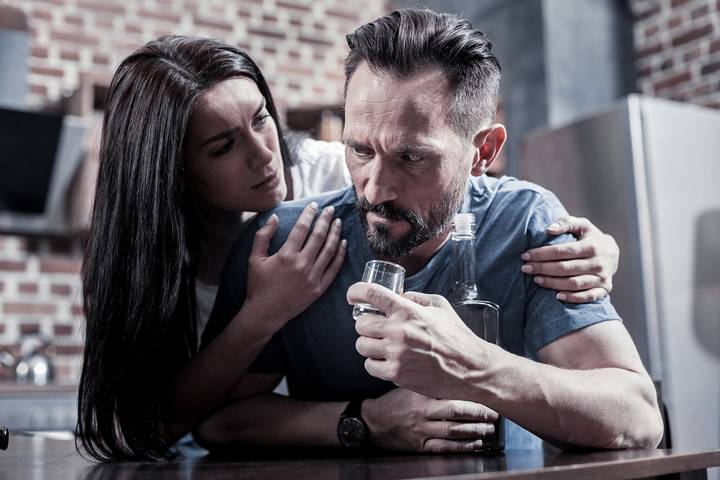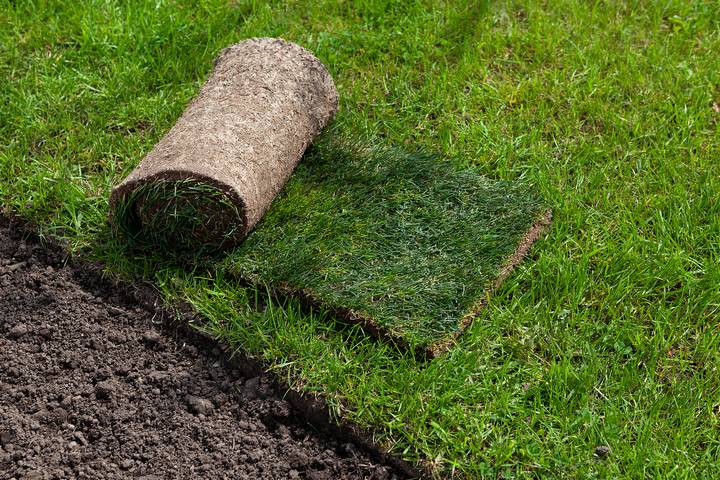How to Be a Good Detective and Investigate Effectively
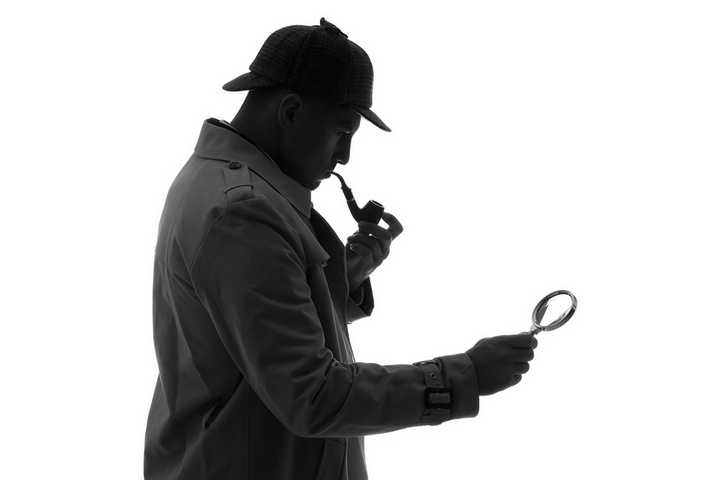
If you love following the adventures of Sherlock Holmes, Hercule Poirot, Philip Marlowe, Miss Marple, or Nancy Drew, you might be wondering if it would be possible for you to solve a mystery on your own.
What makes these fictional detectives great at what they do? And which skills must real life detectives possess and develop if they want to be able to find clues that will point out to a suspect?
Are you trying to figure out if being a detective could be a good career choice for you? Here’s a guide on how to be a good detective:
1. Keep reading books about great detectives
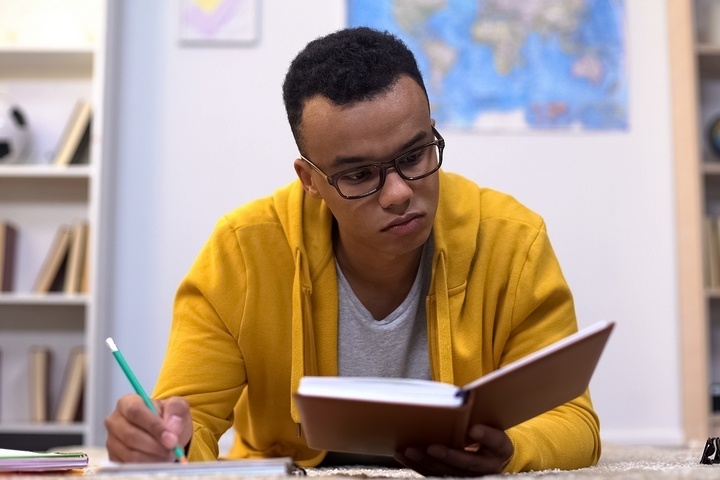
A good private investigator knows how to pay attention to even the smallest of details, and they can easily analyse a situation from different angles. If you want to learn how to think like a detective, you should keep reading books about great detectives, as even though their adventures are fictional, they can still teach you a lot.
Read a good mystery, and pay attention to how the detective manages to analyse small details, to find clues, to interview suspects, and to solve the case.
Then, keep an open mind, and ask yourself how you would act in a similar situation.
2. Learn how to read body language
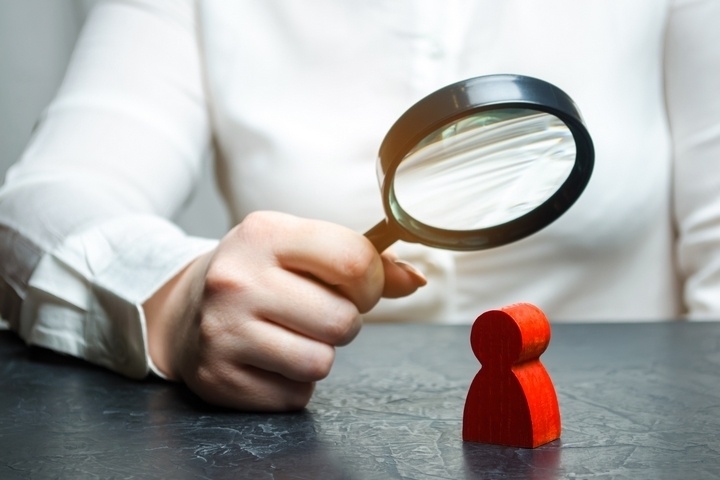
Learning to read the body language of the people they interact with is another way on how to be a good detective, especially when they have to ask questions to potential suspects.
Someone’s body language and facial expressions can tell us a lot about how they are feeling, and about what they are really thinking. A suspect could be telling something, but their body language could suggest that they are lying.
However, body language isn’t always reliable. A good detective also needs to be able to consider the context, as well as other cues. For example, someone who is nervous about being asked questions might look very uncomfortable, but it doesn’t mean they are guilty of anything.
3. Learn how to ask questions and to listen to the answers
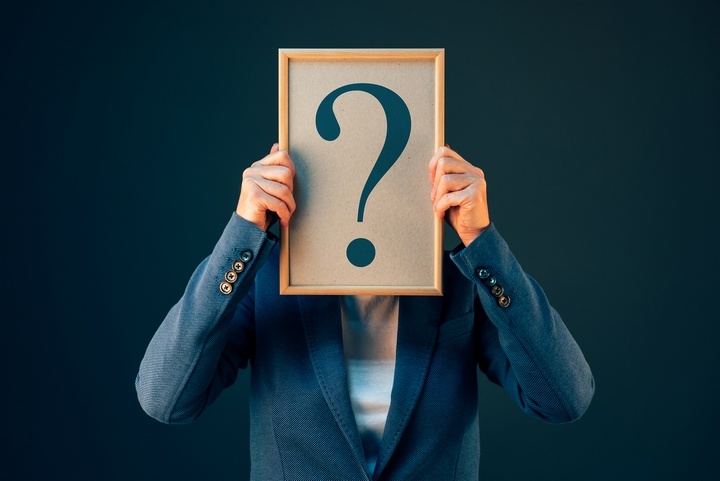
Whenever they interview a suspect, good detectives also need to pay attention to their own body language. If they look aggressive or uninterested, the person they are speaking with will probably not tell them much.
But detectives should have great communication skills in general. They need to be able to put people at ease, to ask them the right questions, and above all, to really listen to the answers they receive, with compassion and empathy.
And whenever someone gives them evasive answers or tries to change the topic, they need to know how to come back to the questions that really matter.
4. Make sure you don’t stand out in a crowd

Detectives don’t always walk around in a trench coat and a fedora, like they do in many movies. To be a good detective, you need to be able to blend in with the crowd. If detectives have to follow or to watch someone, they have to do so without getting noticed instantly.
To blend in with a crowd, you can wear simple clothes and a pair of sunglasses. Avoid accessories that might catch people’s attention.
5. Assemble some detective gear
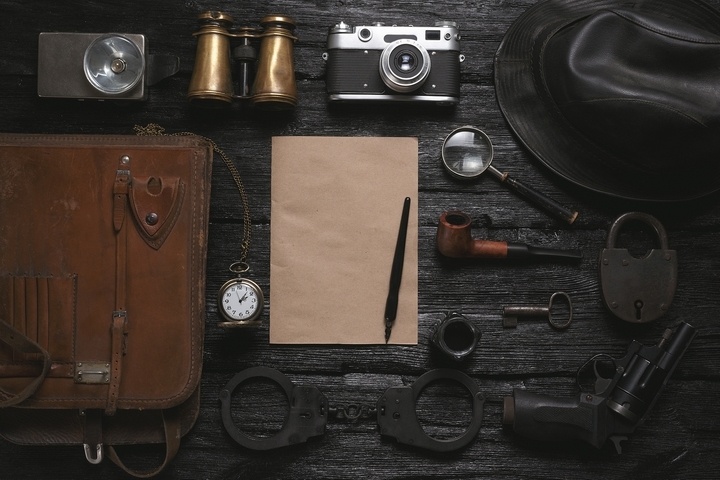
Detectives can use some gear to collect evidence during their investigations. To become a good detective, you can start by assembling some basic pieces of equipment.
A detective often needs a digital camera to take pictures, a flashlight to investigate dark areas, and a notepad with a pen to take some notes.
You could also use a magnifying glass, a pair of gloves to collect evidence without leaving any fingerprints, and resealable plastic bags to store your findings. A kit to collect fingerprints can also be helpful.
6. Develop and trust your instinct

The instinct of a good detective is developed through experience. With time, their instinct will tell them who is probably responsible for the crime they are investigating, or what most likely happened during a mysterious event.
Even though instinct is important, it’s also necessary to review each theory and to be able to prove what you are advancing. Good detectives don’t solve complex cases only by listening to their guts.
7. Don’t try to rush your investigation
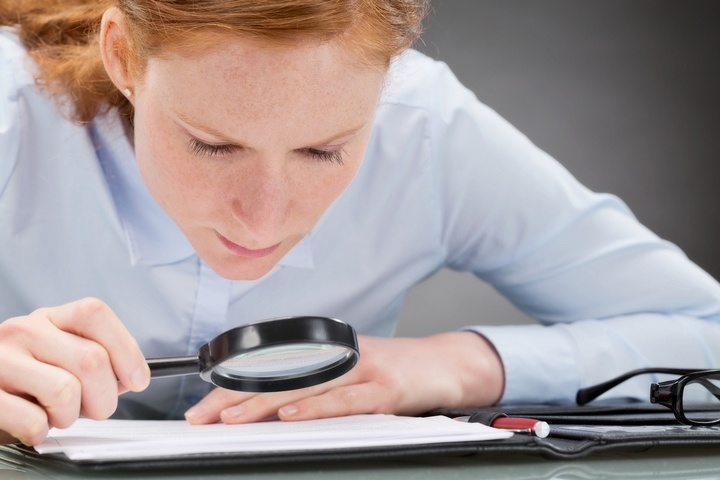
Finally, good detectives need to be very patient. Solving a case can take a long time, and whenever a detective decides to rush an investigation, they risk missing out on something important.
They can’t just assume that something is right or wrong. They need to investigate every little detail, and to be able to prove each of their theories. For this reason, patience is one of the skills that a good detective should have.
Of course, real detectives also require professional training if they want to be able to work on cases, and to present evidence to court whenever necessary.
But even though training is important, it’s not enough: a strong passion for justice, great communication skills, and experience are necessary to become a good detective.






